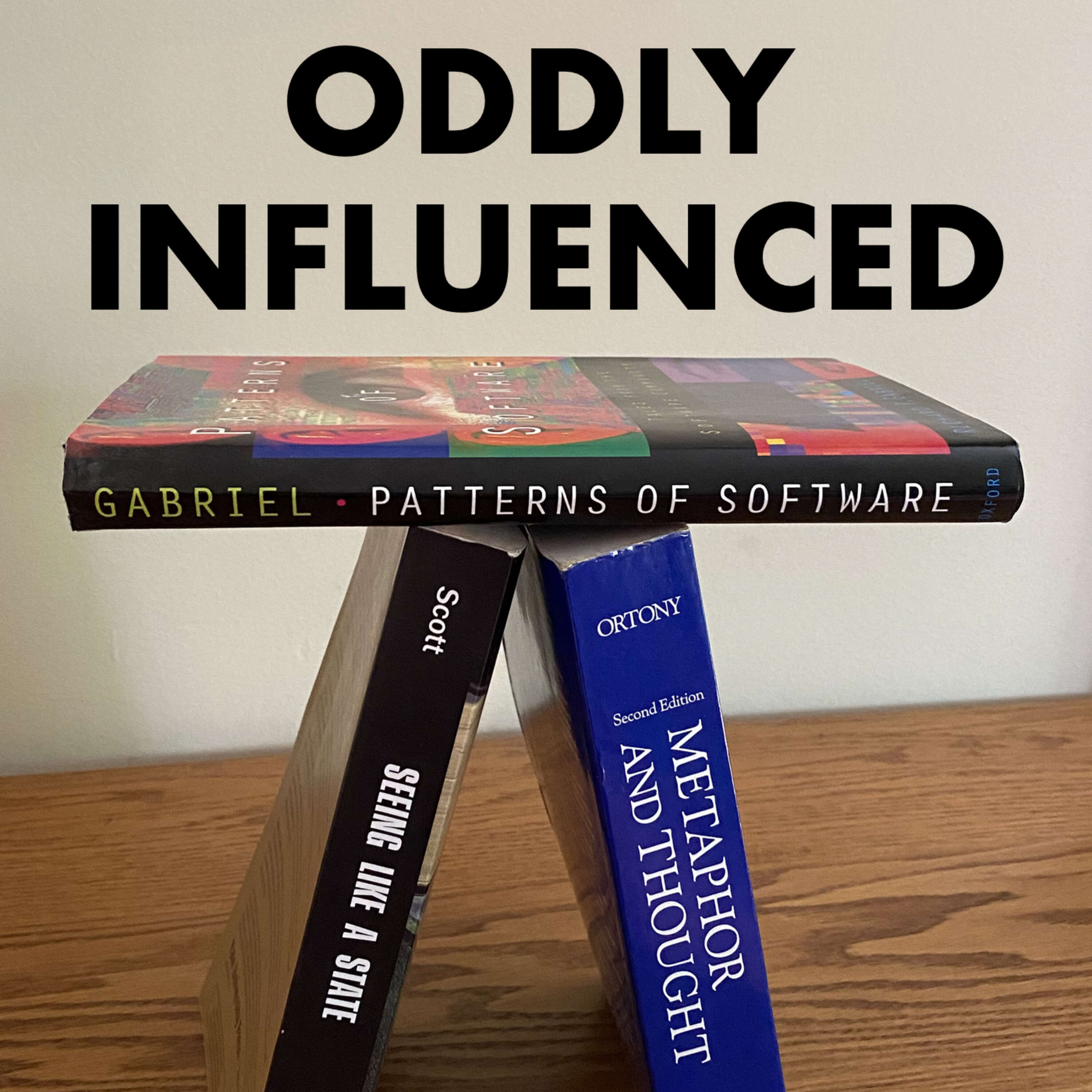/Seeing Like a State/, part two: recognizing your High Modernist eidolon
James C. Scott, Seeing Like a State: How Certain Schemes to Improve the Human Condition Have Failed, 1998.Paul McCauley has used the idea of eidolons in more than one series. (Two that I know of.) The most recent is in his "Jackaroo" series of two novels and a few shorter pieces. The first of the novels is Something Coming Through. Here's a review. "Something Happened Here, But We’re Not Quite Sure What It Was" is a short story that I think stands alone. I quote from the second Jackaroo novel, Into Everywhere, but I wouldn't read it first unless you're a fan of Gene Wolfe and like figuring out the backstory yourself. E. H. Gombrich, The Story of Art, 1995
Paul Feyerabend, Bert Terpstra (editor), Conquest of Abundance: A Tale of Abstraction versus the Richness of Being, 2001
Albert O. Hirschman, Exit, Voice, and Loyalty: Responses to Decline in Firms, Organizations, and States, 1972. CreditsWorker and Kolkhoz (collective farm) Woman Monument from C.K. Leung, CC BY-NC-ND 2.0. Although I don't dwell on it in this episode, Scott uses the Soviet collective farm as a big example of a failure of Seeing Like a State.

